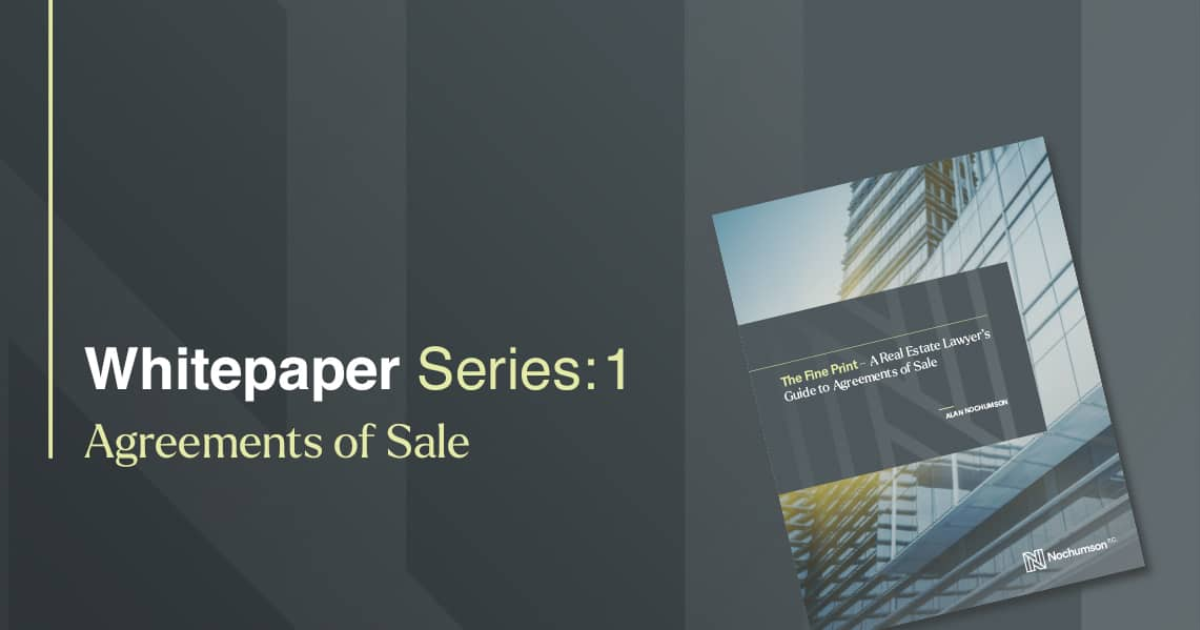The Fine Print: A Real Estate Lawyer’s Guide to Agreements of Sale
What makes a strong offer? More than just the price.

Adverse possession, often referred to in non-legalese as “squatter’s rights”, is a phrase used to describe one method of acquiring ownership rights over a piece of property. Adverse possession is a legal mechanism whereby one’s physical possession of the land of another is converted into the actual legal title to the land. In general, adverse possessors desiring to acquire title to the land of another must satisfy the common law elements of the claim. In Pennsylvania, it used to take 21 years of “actual, continuous, exclusive, visible, notorious, distinct and hostile possession” before someone could legally claim a property as their own and quiet the title. The Clear Title Act, which was signed into law in 2019, has now shortened that waiting period to just 10 years in certain cases. The change to the law marks a departure from a distinct legal concept within the jurisprudence of adverse possession, and many landowners, including municipalities, may now have cause to reevaluate the status of their ownership of certain lands.
While adverse possession can be a helpful tactic for individuals or groups using otherwise vacant land for many years, it is a complicated process usually requiring a lawyer.
The Clear Title Act is designed to help long-term occupants of residential homes that have no legal owners and it is a situation that’s not nearly as rare as you may think. Usually, it happens when a landlord abandons a property without notice or when the owner of a property dies without making any arrangements for the property to pass to another.
At Nochumson P.C., we are more than legal counsel. We are people serving our neighbors and community in Pennsylvania and New Jersey. Knowing that real communication between real people can help lead to real positive results, our team of attorneys is available 24/7 to help answer your legal questions and to fight for you with skill and fortitude, whatever the case may be. When you hire us, you can expect a sensible and cost-effective approach to legal counsel. We think fast, think ahead, and get things done. Contact us today or call us at (215) 399-1346 to see how we can represent you.

What makes a strong offer? More than just the price.

As an attorney, few other specializations intersect with so many types of law as land use law. A land use attorney deals with real estate,...

The City of Philadelphia’s Office of Property Assessment administers what is commonly known as the contractor’s tax exemption program and also the...